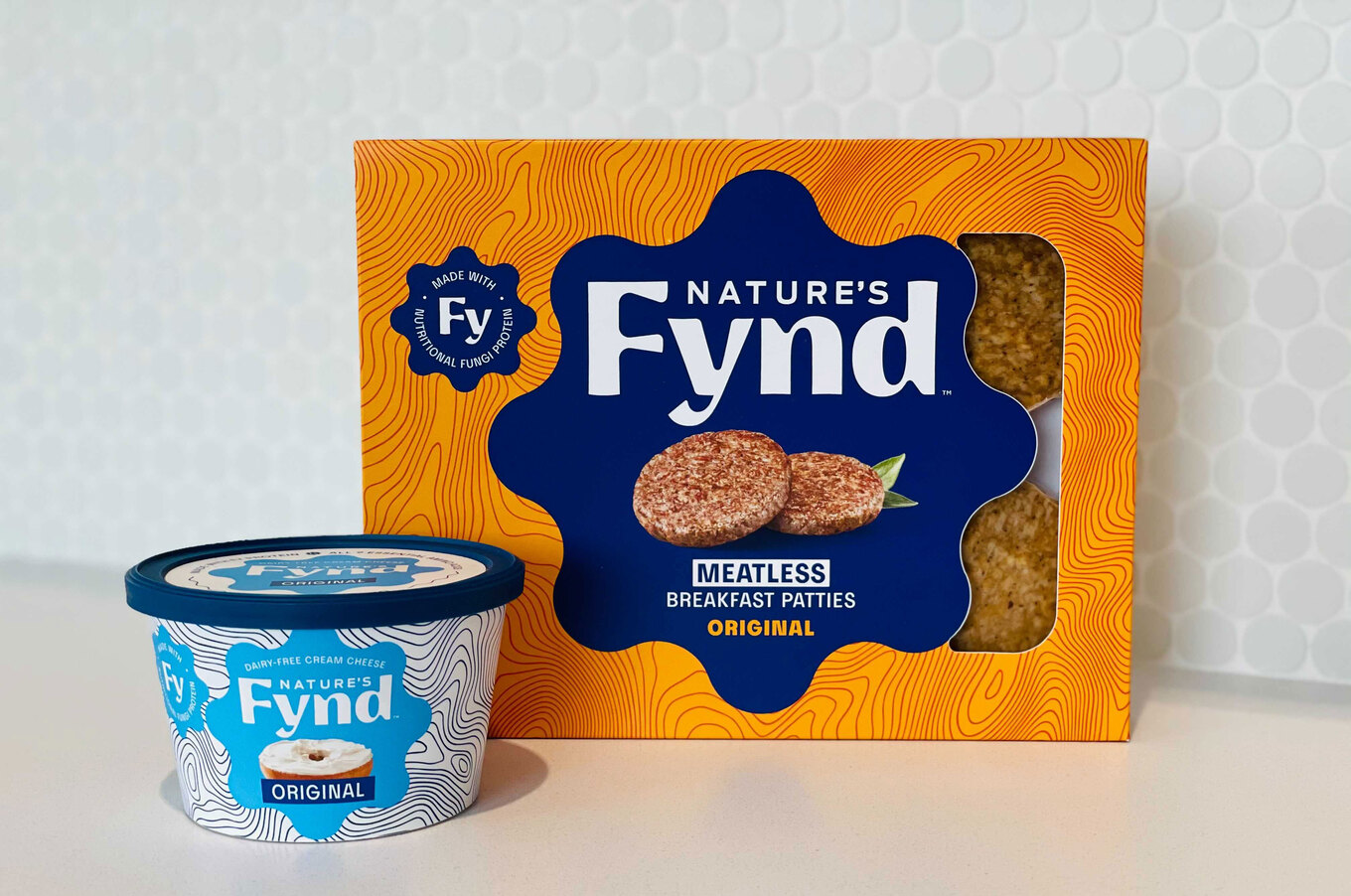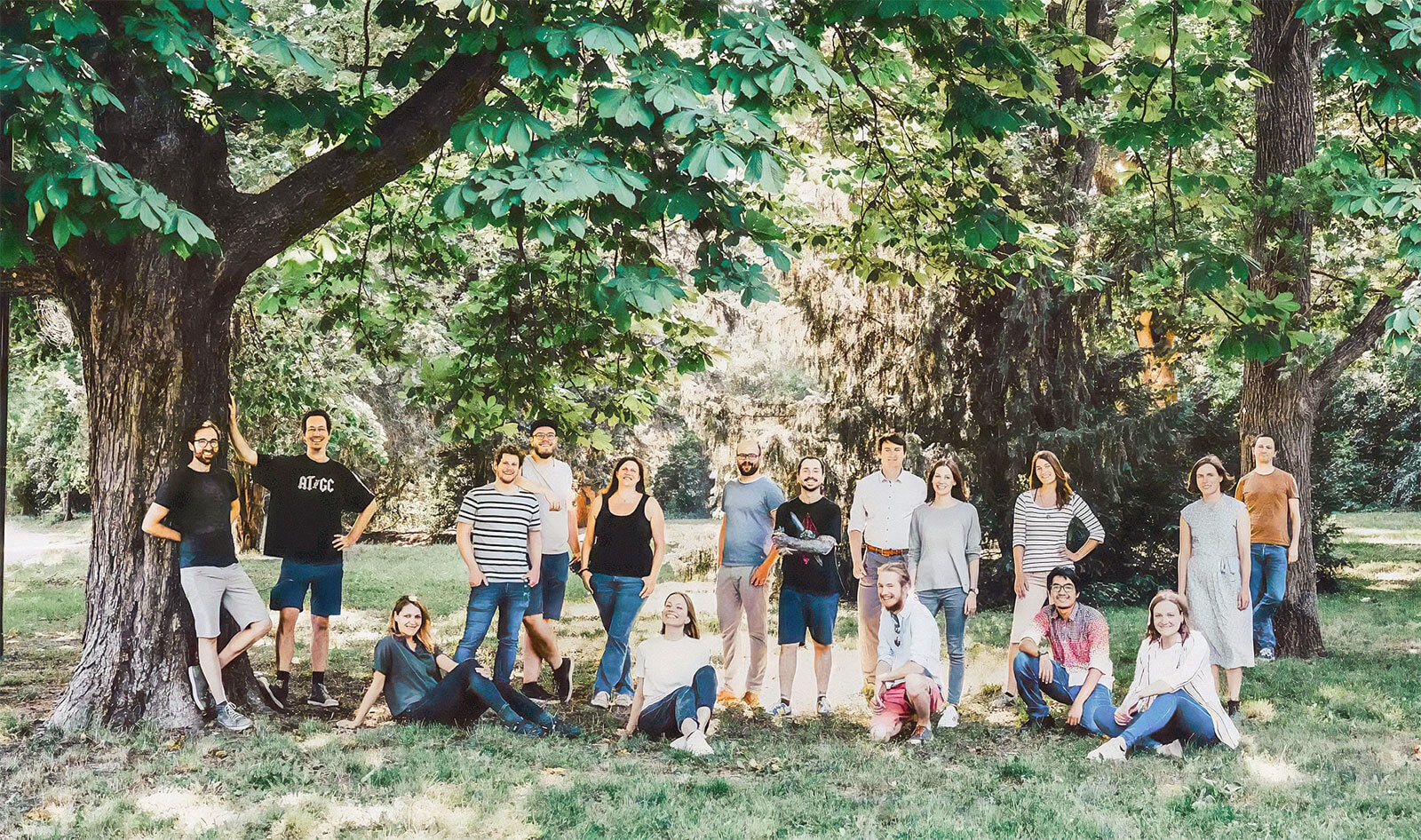As the climate crisis rages on, innovators are developing new ways of producing food to assure that the planet can support the growing human population. And while producing meat and dairy from plants is a vast improvement on producing these products using animals, there is still much room for innovation when it comes to alternative proteins.
What if the same greenhouse gas emissions that drive the climate crisis can be transformed into food products that mitigate it? Enter Arkeon GmbH, an Austrian startup that has figured out how to harness carbon dioxide and turn it into protein ingredients that can be used in a variety of sustainable food applications.
 Unsplash
Unsplash
“With a global population predicted to reach 10 billion by 2050, figuring out a way to feed the world will be one of humanity’s biggest challenges and it has become clear that the current way we produce food, particularly meat, is not sustainable,” Gregor Tegl, PhD, co-founder and CEO of Arkeon, tells VegNews. “Alternatively obtaining protein from plants such as peas or soybeans also requires a lot of land, energy, and water.”
Making vegan protein from pollution
So how do you turn carbon dioxide (aka pollution) into sustainable (regenerative, really) protein? Built upon a decade of foundational research, Arkeon’s patented process revolves around archaea, a highly resilient single-celled microorganism which is part of the microbiota of all organisms.
This microbe naturally feeds on carbon dioxide and transforms the greenhouse gas into nutritious protein with all 20 proteinogenic amino acids necessary for human nutrition. Arkeon’s one-step fermentation bioprogress is a vastly more efficient way to produce protein, blowing animal agriculture—and even plant-based protein production—out of the water.
 Gregor Tegl/Arkeon
Gregor Tegl/Arkeon
“Compared to conventional protein production in agriculture, our technology only requires one percent of the land area and 0.01 percent of the water,” Tegl says. “For each kilogram of amino acid, 1.5 kg of CO2 is consumed. Arkeon thus makes it possible to produce amino acids for food supply security in the future independent of climate and agricultural land.”
The startup is targeting two key markets with its functional protein, the plant-based food market and the global functional food market—which encompasses sectors such as child, elderly, and sports nutrition and is predicted to reach $285 billion by 2030.
“Arkeon’s proprietary technology leverages archaea microorganisms that naturally produce all the building blocks of proteins in only one fermentation,” Tegl says. “Our process converts CO2 directly into amino acids and functional peptides for the food industry, enabling an entirely new world of food products.”
“We don’t rely on land or animals like conventional agriculture,” Tegl says.“This gives our ecosystems the chance to breathe and contributes to a sustainable food system.”
To support its growth, Arkeon recently secured a €2.75 million (approximately $3 million) investment from ICL Planet Startup Hub, the AgriFood innovation and investment platform of global specialty minerals company ICL.
Vegan meat and cheese: the magic of microbial fermentation
Stateside, Nature’s Fynd is producing vegan foods using a process that similarly relies on microorganisms that live in extreme conditions. In 2008, Nature’s Fynd co-founder Mark Kozubal, PhD, stumbled upon a microbe—called Fusarium strain flavolapis—at Yellowstone National Park while researching fungal life forms that can survive extreme conditions for NASA.
Using an isolated sample of this microbe, the Chicago-based startup created a fermentation technology that produced Fy, an animal-free complete protein that contains all 20 amino acids, vitamins, minerals, and fiber.
 Nature’s Fynd
Nature’s Fynd
The company has since released fungi-based vegan breakfast sausages and dairy-free cream cheeses powered by Fy. Last summer, Nature’s Fynd had a full-circle moment when its vegan foods found their way back to Yellowstone, this time on menus at the park’s seven lodges and as products sold in its general store.
“It’s quite remarkable that now our delicious, vegan foods made with Fy are available at the Park,” Thomas Jonas, co-founder and CEO at Nature’s Fynd, told VegNews at the time. “It truly speaks to the power of nature and science coming together to nourish people and the planet for generations to come.”
Tegl also sees a future where the global food system operates in symbiosis with science and nature. By turning pollution into protein, Tegl envisions that Akreon has the potential to have a significant impact to improve food production, even in a relatively short time period. With support from ICL, Akreon will have access to the established corporation’s advanced infrastructure, extensive experience, and accrued insights, in addition to market and regulatory-related support.
 Arkeon
Arkeon
“I hope that in the near future, let’s say in five years, Arkeon will already have a great positive impact on the food system by making it more sustainable,” Tegl says. “By then we want to be able to produce ingredients on a large scale.”
“And when we operate on a larger scale, our products become cheaper and we will hopefully grow even faster,” he says. “As we are an innovative company, we might even use microbes for other valuable products as well and expand our offering beyond food.”
For the latest vegan news, read:
JUMP TO ... Latest News | Recipes | Guides | Health | Subscribe









